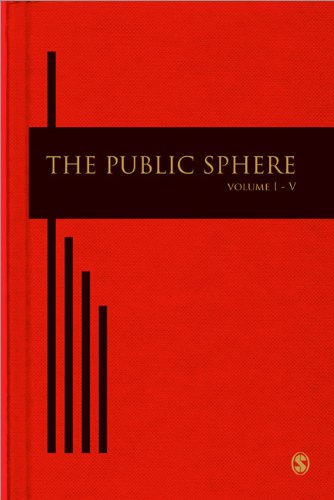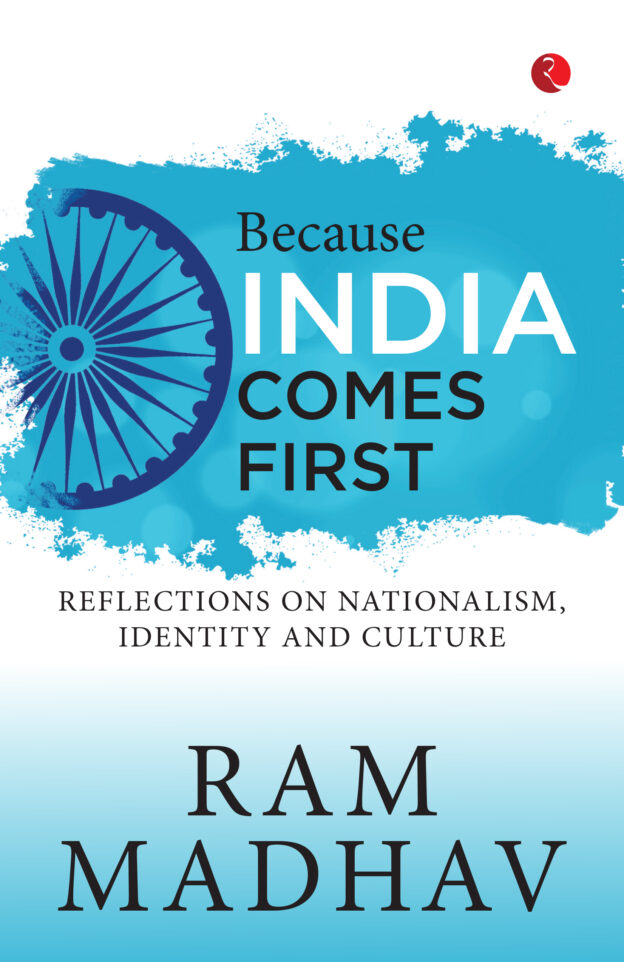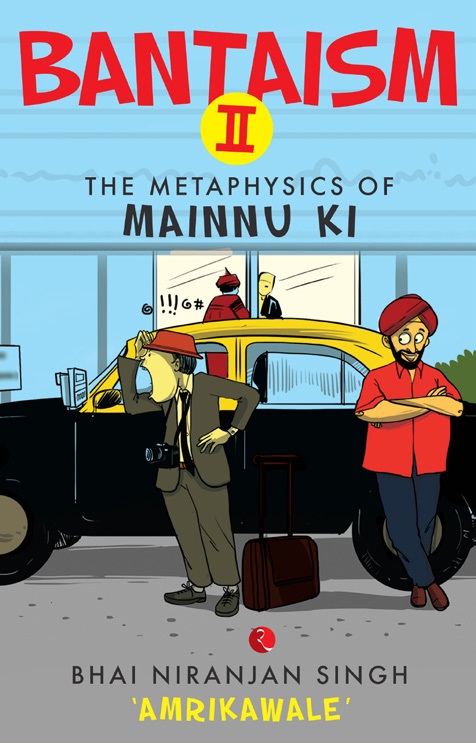The Public Sphere
Availability :
In Stock
₹ 54,540.00
M.R.P.:₹ 68175
You
Save: ₹13,635.00 (20.00% OFF)
(Inclusive
of all taxes)
Delivery:
₹ 0.00 Delivery charge
Author:
Jostein Gripsrud
Publisher:
SAGE Publications Ltd
Edition:
1st Edition
ISBN-13:
9781848607842
Publishing Year:
2011-01-01
No. of Pages:
1672 pages
Weight:
3 kg 180 grm
Language:
English
Book Binding:
Hardback











